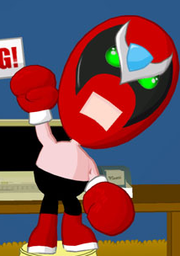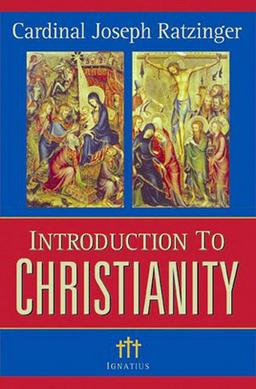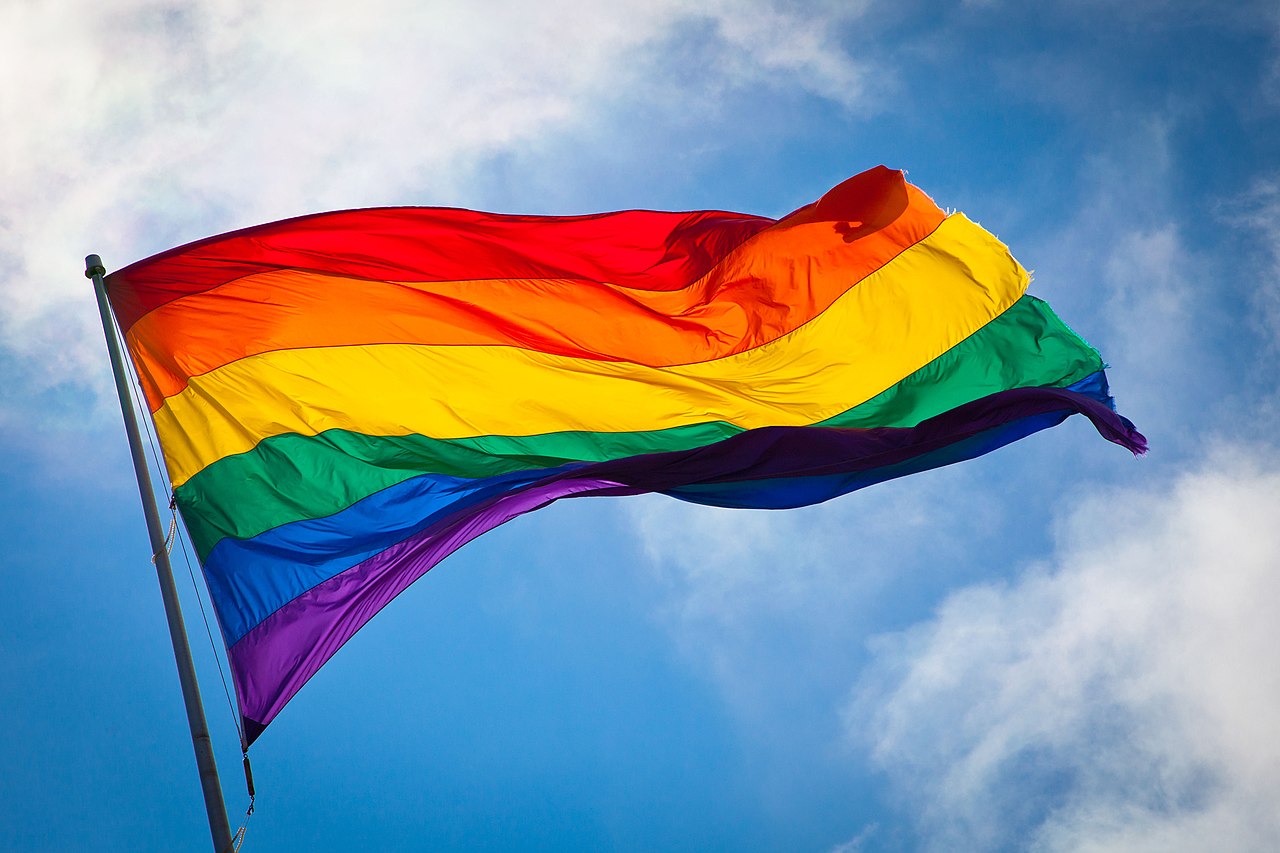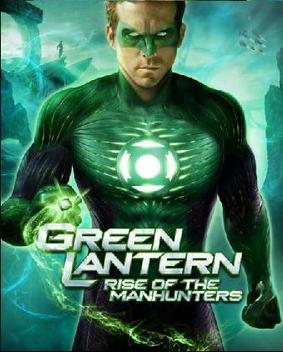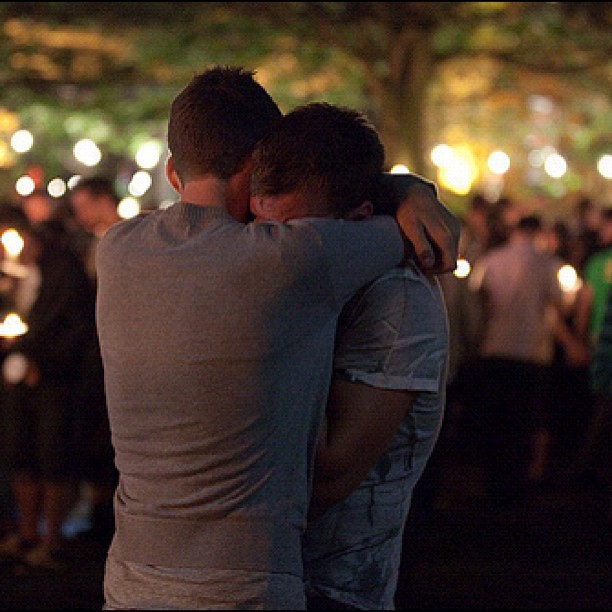Every single courageous act of coming out chips away at the curse of homophobia. Most importantly it’s destroyed within yourself, and that act creates the potential for its destruction where it exists in friends, family, and society.—Anthony Venn-Brown, A Life of Unlearning
✠ ✠ ✠
Photo by Noam Galai
Eugene Lee Yang of the Try Guys (a foursome who try weird new experiences on YouTube) recently released a coming out video, simply titled I’m Gay. It tells his story wordlessly, through dancing and music, and while ‘interpretive dance’ sounds … well, put bluntly, pretty fucking stupid to anybody who grew up in my generation, this video floored me. I first saw it on Saturday and I’ve already watched it six or seven times, as well as his making-of video. It’s stunning. And I am not the first to observe that, of the possible ways, an intricately designed, visually spectacular internet video of interpretive dance is arguably the gayest way to tell people that you’re gay.
The story is arranged in six scenes, corresponding to the six colors of a typical Pride flag: red, orange, yellow, green, blue, and purple. Yang tells his archetypal yet fairly complex story with incredible economy—only a single scene (the red) lasts longer than one minute, and every movement is choreographed to communicate its meaning vividly. The best way I can review it is just to describe it, pointing out a few of the symbols that stood out to me. I’ll take the scenes one by one, adding the keywords from the making-of video.
The Red Scene: Nature
This presents Yang in a family setting. A coffee table surrounded by a couch and two chairs sits in front of a red wall, with father, mother standing behind, brother and sister on the couch on either side of Yang; he is dressed in an androgynous red costume representing his different-ness, while his family are in grey, suggesting that they have not yet taken a side, perhaps not recognized a conflict. Childhood, playfulness, and innocence are the salient characteristics of most of the children’s movements. At first their playfulness is not gendered, their mother’s beauty and their father’s rigidity are equal ingredients in all three; but their play soon begins to be an imitation of the same-sex parent—except Yang, who begins imitating his mother more than his father. The camera pulls out more and more, away from the wall, showing that its confines are artificial and belie the real shape and size of the room and that there are large windows letting in bright light further off. When Yang is about to use his mother’s lipstick, his father slaps it out of his hand and hits him; then the family marches offscreen into the next scene.
The Orange Scene: Nurture
A large crowd of people dressed mostly in grey, American clothing (save for Yang, who is in orange-colored clothes that seem to be some variety of hanbok, traditional Korean garb) are marching into a room full of benches. This is stated in the commentary to represent school and work as well, but the primary imagery chosen is that of a church, with a cross-bearing pulpit and two candelabra full of bright orange candles. The main mass of people march in an ordered pattern, sometimes covering their eyes or grabbing their heads as if in pain or anger. Yang’s dancing and leaping become wilder and more joyful as he goes, until one of the grey-clad people stops him, moving his body into a rigid, pious posture like the others, then forcing him to bow and dismissing him. Yang takes a seat in a pew with a toothy smile, and the grey clothes of the others shift to white and black: sides are being taken, opposition expressed. The man behind the pulpit is in white, as are the people on the far side of the aisle from Yang, whose side is in black; the pastor figure begins making violent gestures like a fundamentalist preacher, and the camera zooms in on Yang’s face as he looks away.
The Yellow Scene: Love
This scene is particularly complex in its action. The music shifts suddenly to a lighter passage, building gradually through the scene. Sitting on a bench in front of a stand of trees and sunflowers and golden streetlamps, dressed in a vest and yellow trousers, Yang sees a girl in black dancing. The floor is covered in yellow leaves, as if signifying the organic change that is about to take place. He gets up to dance with her, and they leap and swirl for a while, until he sees another figure, a male, also dressed in yellow trousers. He moves into a pas de deux with him, with acrobatic, extraordinarily graceful movements. At first the two men move away from the girl and she moves more slowly after them. Then the men briefly move back: Yang reconnects with her, and she gives a kindly gesture connecting the two men again. (Yang describes her as representing the genuine ally, helping him discover and accept himself.) The other man lays himself on the ground, catching Yang in a suspended hold and slowly lowering him onto his body. They are about to kiss as the scene changes.
The Green Scene: Community
Here Yang appears in an elegant, sequined, deep green drag costume with a large pompadour wig, going down a set of stairs, greeting and embracing other drag queens and women as they head down to a dance floor. Their costumes are in an assortment of rainbow colors, but green predominates, at once dark and lush. The music has become energetic again, and characters dance for a few moments—then a figure in white, shown only from behind, approaches them, his fingers in the shape of a gun: likely a tribute to the mass shooting at Pulse three years ago. The dancers pause; then the outer ring ducks out of sight, then the rest, leaving only Yang visible, his face fearful as he raises his hands as if to stop the shooter, but then arms reach up from below and pull him out of the frame.
The Blue Scene: Hate
This is maybe the toughest part of the video to watch. We see Yang from above, in a crowd of anonymous white-clad people, bloodied and being kicked from every side. He is dressed only in a pair of jeans that are much longer than his legs; he cannot walk, cannot escape. The brutalizers disperse suddenly, and the camera moves down, showing him pulling himself along the ground, a blue dumpster and garbage bags behind him. Suddenly his family reappears: his mother and brother are now in black instead of grey, and his father and sister are now in white. His mother and brother move to help him up, but his father and sister begin fighting them, and before long his family are all fighting each other and slide out of the shot; Yang is pushed onto the ground again as they leave, and lies there, convulsing, trying to get up. Darkly echoing the first scene with the red lipstick, Yang touches the red blood on his mouth as he finally manages to sit up, then stand.
The Purple Scene: Pride
Yang is again in an arresting drag outfit, indigo shading into violet. He rises from the ground, at first with his back to the camera, but he quickly turns, anxious in his beauty. Crowds of people, some in white, some in black, surround him; some of those dressed in black reach out as if to caress or encourage, some of those in white shove or paw him, but most are busy yelling at each other as he slowly walks forward, finally reaching a point beyond the crowd; as he does, the shot switches to a distant and unfocused one that slowly pulls back in to his face. The music climaxes and stops, and we hear the angry arguments behind, but the shot lingers on Yang’s face: uncomfortable, anxious, defiant, the lips moving slightly, the eyes going back and forth uncertainly and then—just a couple of seconds before the scene ends, it all smooths out. Yang’s mouth is set, his eyes steady, his brows un-knotted. A peaceful, self-assured dignity closes the scene.
Credits
The credits play over a final, narrative-less scene. Yang is dressed in a luxuriant robe, apparently an open-breasted version of the shenyi (a traditional Chinese robe for men), silver and turquoise in color with what looks like a tea-green obi (a Japanese garment that’s a little reminiscent of a corset), seated alone in the room from the red scene, now with the encroaching wall removed. He rises, gesturing with the magnificent trailing sleeves that had at first appeared to be a gown; as if in response, six figures from the green scene—one in each color: red, purple, blue, orange, yellow, and green—file in. When they have all taken their positions, mirroring the arrangement of the family from the beginning, Yang sits down again in the center, and the legend For the LGBTQIA+ Community appears on the screen.
This is one of the most powerful and visually captivating short videos I’ve ever seen. I rank it with the music videos for Hunger or Spectrum by Florence + the Machine. I recommend it to anyone with a taste for dance or design, or anyone who cares about LGBT issues. Or really, anybody who’s open to watching it. Hats off to Eugene Lee Yang for a beautiful piece of art.
✠ ✠ ✠






